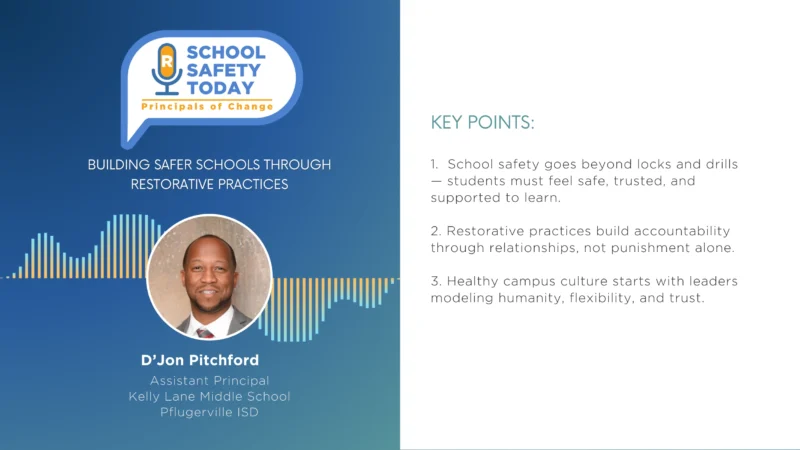Advancing Teaching: Reshaping Education in a Post-Pandemic World
What approaches must education take in advancing teaching in a post-pandemic world? How can traditional education reshape itself to include a more dynamic, skills-based learning approach?
As educational paradigms shift towards nurturing adaptability and critical thinking, leaders in the field are poised to redefine the learning framework to prepare students for a rapidly evolving future. Research, including studies from the OECD, and Federal Reserve, suggests there’s a significant opportunity for education to play a crucial role in economic empowerment. These insights drive a much-needed dialogue on how to construct an educational system that imparts knowledge and levels the socioeconomic playing field, creating a foundation for all students to thrive in a diverse and multifaceted society.
How can institutions adapt to serve the next generation effectively?
In the latest episode of The Future of Education: Class Disrupted, hosts Michael B. Horn and Diane Tavenner sit down with Timothy Knowles, President at the Carnegie Foundation for the Advancement of Teaching, to discuss advancing teaching, and the reimagining of educational systems in the post-pandemic era. This episode offers insights into the critical shifts needed to create an equitable and engaging learning experience that aligns with the modern world’s demands.
The main points of conversation include:
- The evolution of the Carnegie Foundation and its impact on K-12 and higher education
- The necessity of shifting from traditional assessment methods to tools that measure a broader range of student competencies
- The challenge of translating the concepts of “portraits of a graduate” into tangible educational outcomes and policies
Timothy Knowles, renowned for his dedication to advancing teaching and learning, brings a rich history in education reform. His tenure as President of the Carnegie Foundation demonstrates a commitment to innovation and equity, backed by his extensive educational leadership and improvement science background.




